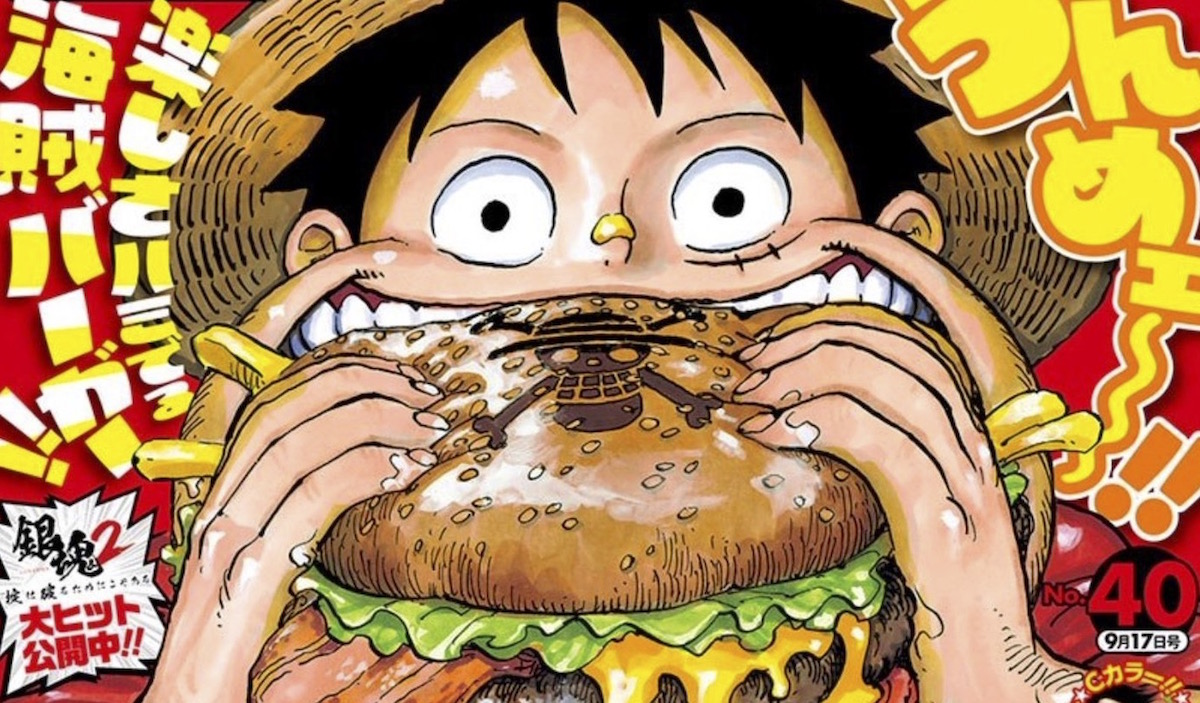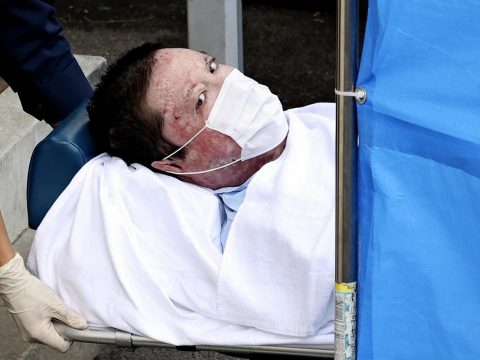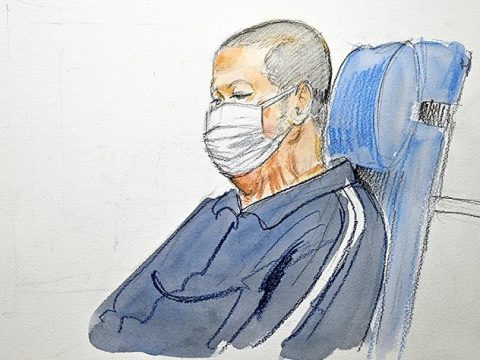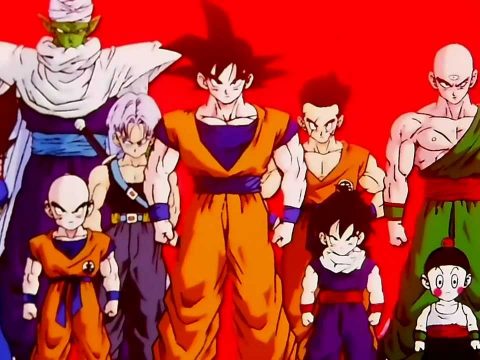
Manga piracy—in other words, the illegal downloading without any connection to creators or publishers—has hurt manga companies and makers in both Japan and America. How to fix this has been a matter of debate over the years, and the Japanese Diet has come up with a new law.
According to the Japan Times, the new law is designed to “tighten copyright control, banning illicit downloading of manga, magazines and academic texts, in addition to music and videos that were already covered by the existing legislation.”
The law additionally goes after “leech” sites, where links can take you to pirated manga elsewhere. Regulations against leech sites will begin this fall, and the rest of the law goes into effect in the New Year. People running leech websites can face both fines and jail time, as could repeat offenders of illegal manga downloads.
The Mangamura site alone, which was closed down two years ago, supplied so much illegal manga that it cost publishers $2.75 billion (¥300 billion).
There remains a delicate balance here, as creators were worried bans might go too far and hurt “creative expression.” In an attempt to remedy that, the law states that parody works are still allowed, and you can download a few frames from a manga.
There are still ways pirates can get around these rules. If they don’t live in Japan or just use servers from elsewhere, that makes things trickier. Also, there’s still the potential of uploading manga pages into videos that people could watch. Because of this, the Japanese government is asking for worldwide “coordination and cooperation” when it comes to manga piracy.
_____
Danica Davidson, along with Japanese mangaka Rena Saiya, is the author of Manga Art for Intermediates. In addition to showing how to draw manga character types in detail, the book describes how professional Japanese manga creators work, including common techniques and what drawing utensils they use.







